Over the past time, Vietnam and ASEAN countries have always strived towards a regional order, including a stable, rule-based maritime space. Vietnam strongly supports the realization and effective implementation of the ASEAN Outlook on the Indo- Pacific and the Vision for Maritime Cooperation recently adopted by ASEAN. At the same time, Vietnam always supports new initiatives for common goals, through bilateral, multilateral and new mechanisms.

Deputy Minister Do Hung Viet speaks at the Workshop. Photo: Internet.
Deputy Minister Do Hung Viet said that the global focus is continuing to shift to the Indo-Pacific region, which has become the “center” of global growth and an important locomotive for global recovery and future prosperity. But that future cannot be guaranteed without peace and sustainable stability in general and in the regional maritime space in particular. Currently, strategic competition is creating “great divisions” and “great cracks” as assessed by UN Secretary-General Guterres. Conflicts are taking place in many regions of the world ; in the maritime space in the Indo-Pacific, the risk of confrontation and conflict is inevitable. That situation forces us to continuously identify potential threats at sea, review existing cooperation mechanisms to address emerging challenges and act together to prevent those threats. Compared to 15 years ago, the situation in the East Sea has become more complicated, with many new “gray areas” emerging that need to be clarified. In addition, the East Sea is still an area that offers many potential opportunities for cooperation. Notably, the new Agreement on the Conservation and Sustainable Use of Biodiversity in Areas Beyond National Jurisdiction is evidence that countries have a common interest in the sea. Vietnam is proud to be one of the first signatories. In that context, the Deputy Minister highly appreciated the choice of the theme of the Workshop; emphasizing that only through cooperation can we help the East Sea change its color from “gray” to “green”, towards peace and sustainable development. To do that, it is important to respect and comply with international maritime law, as reflected in the 1982 United Nations Convention on the Law of the Sea (UNCLOS 1982).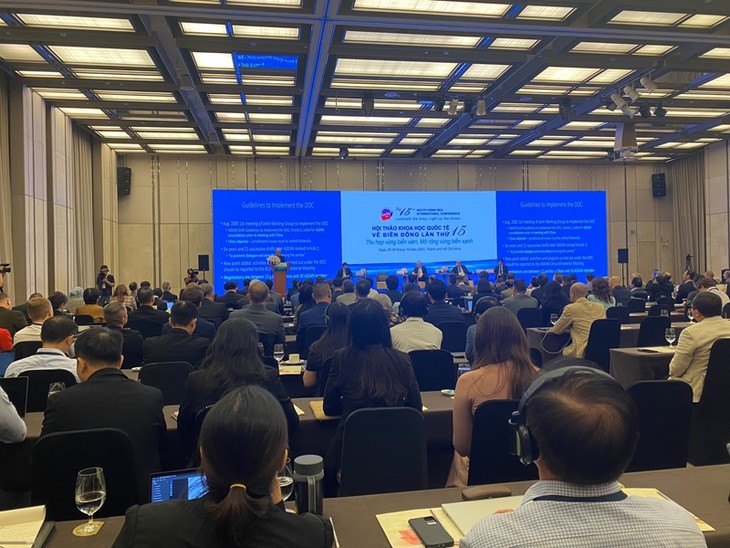 |
The 15th International Scientific Conference on the East Sea. Photo: dangcongsan.vn
Attending the online workshop, Ms. Paola Pampaloni, Acting Director General of the Asia and Pacific Department of the European Union External Action Service (EEAS), affirmed that the EU attaches great importance to multilateralism, stating that the EU has vital strategic and economic interests linked to maritime security and the prosperity of the countries bordering the East Sea. Therefore, the EU strongly opposes any actions that increase tensions and undermine the rules-based order. Ms. Pampaloni affirmed that the 1982 United Nations Convention on the Law of the Sea (UNCLOS 1982) is a “guiding light” and “compass” for the peaceful resolution of disputes in the region.In addition, the EU supports the ASEAN-led negotiation process towards an effective, substantive and legally binding COC, in which the COC must respect the interests of third parties and be in accordance with international law./.
Dan Hung


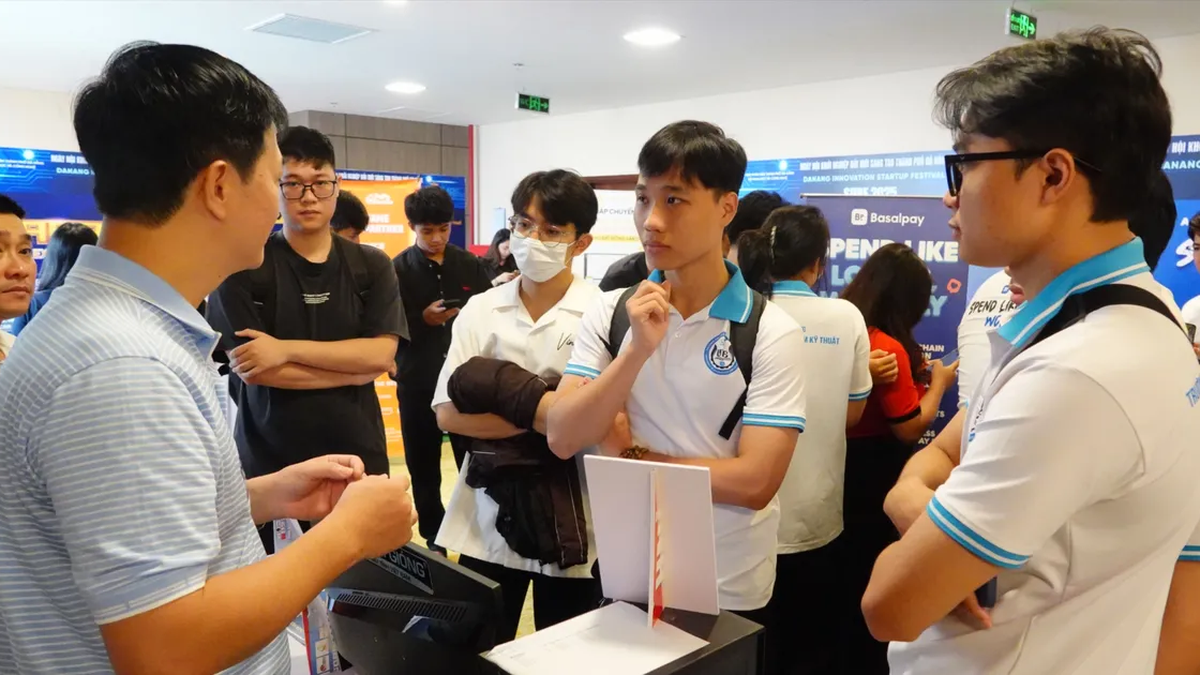
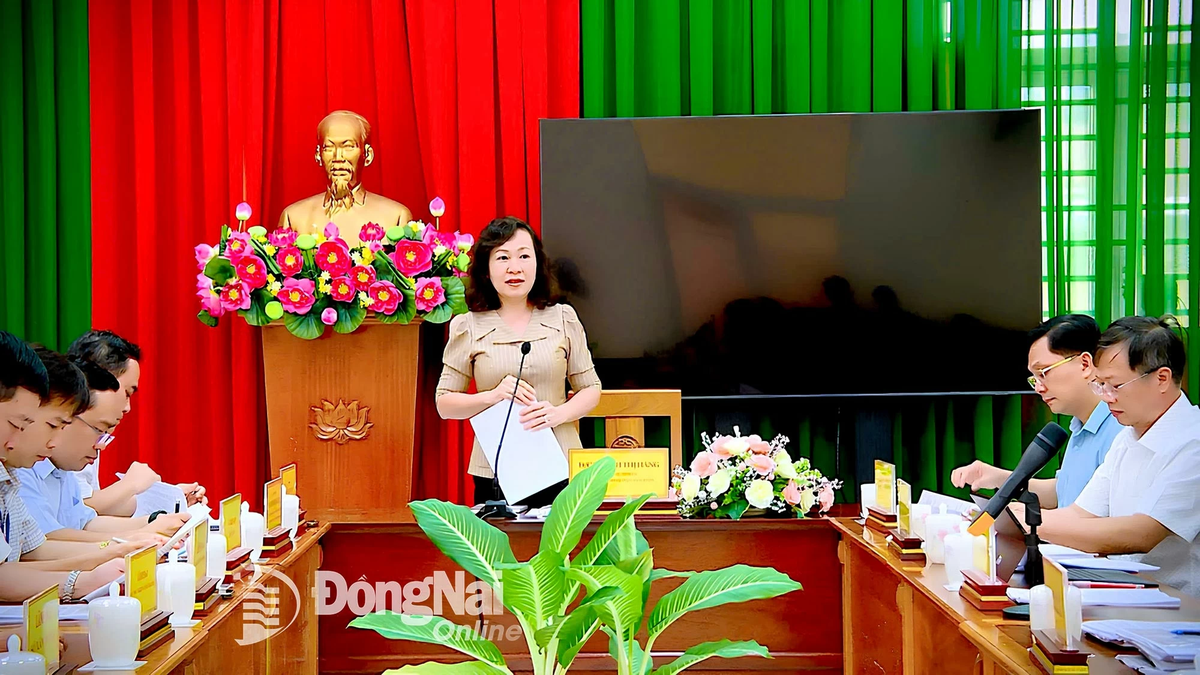
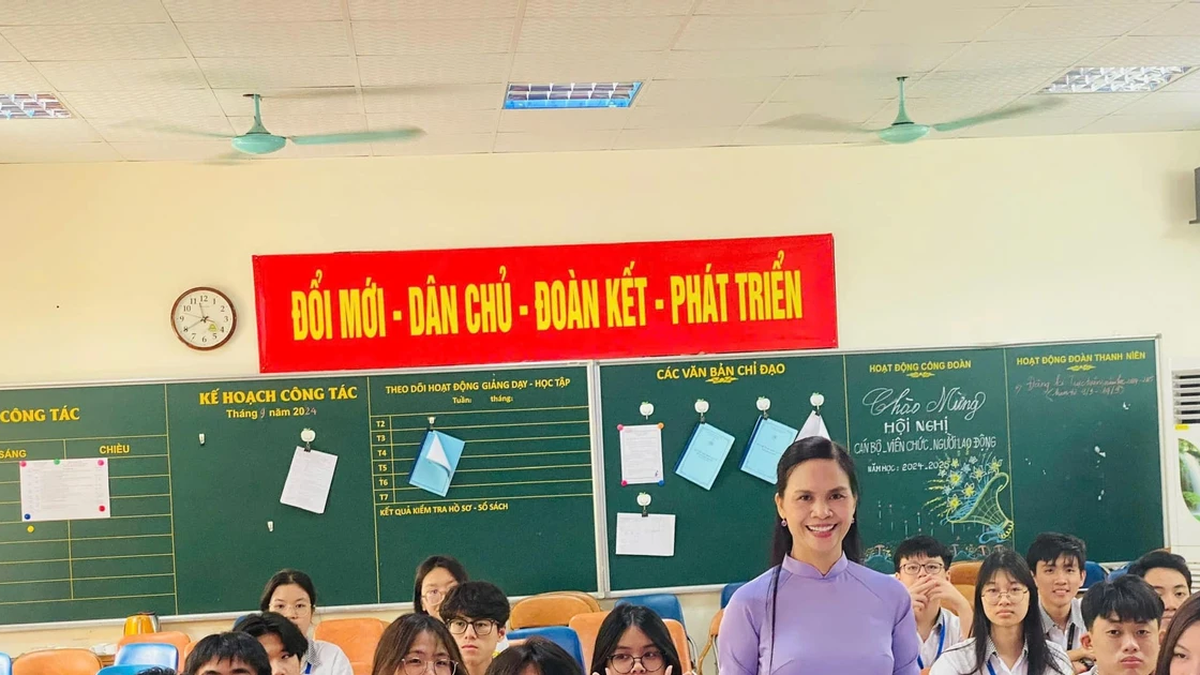
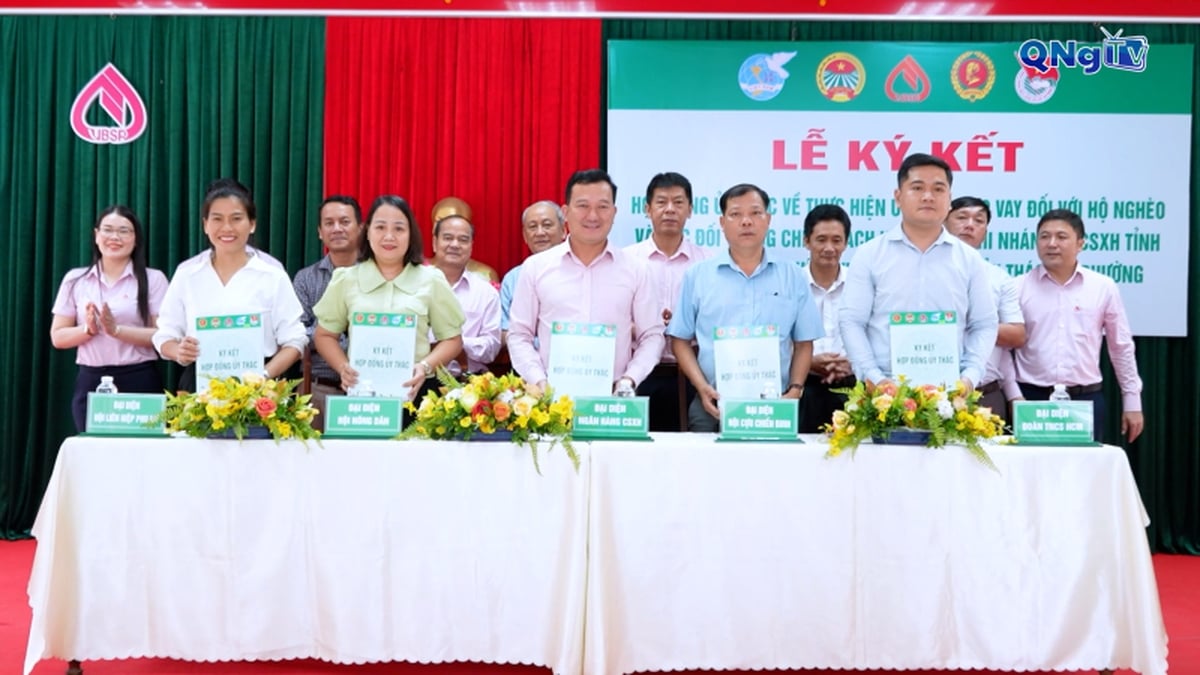

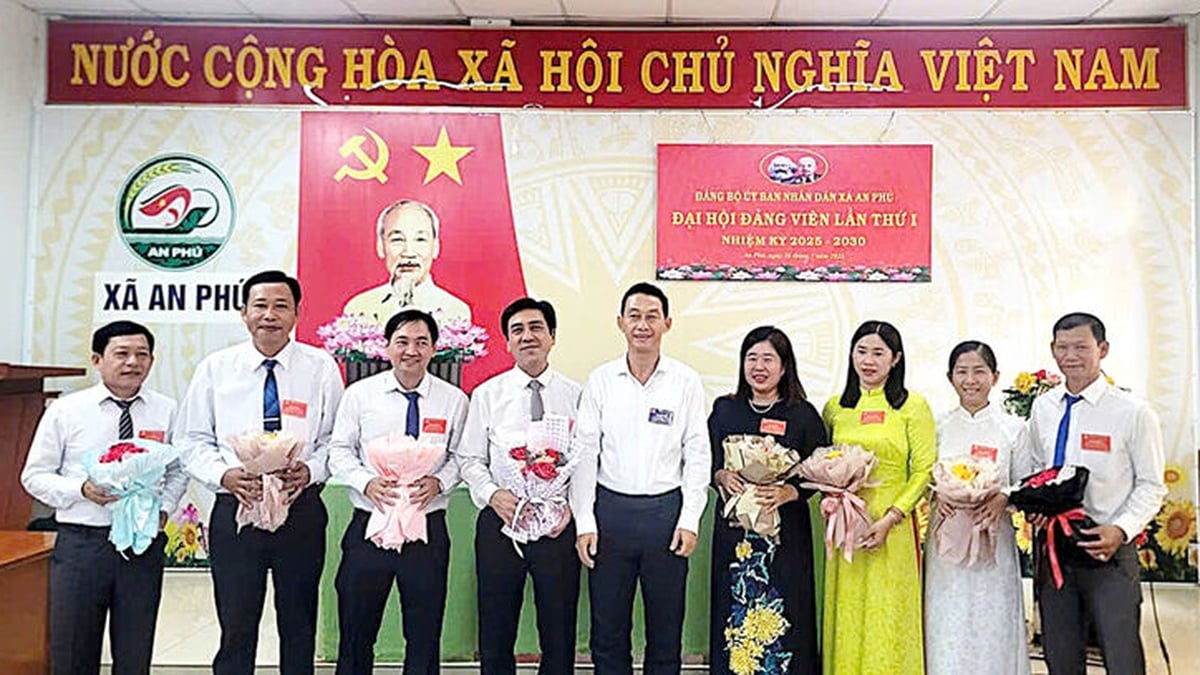
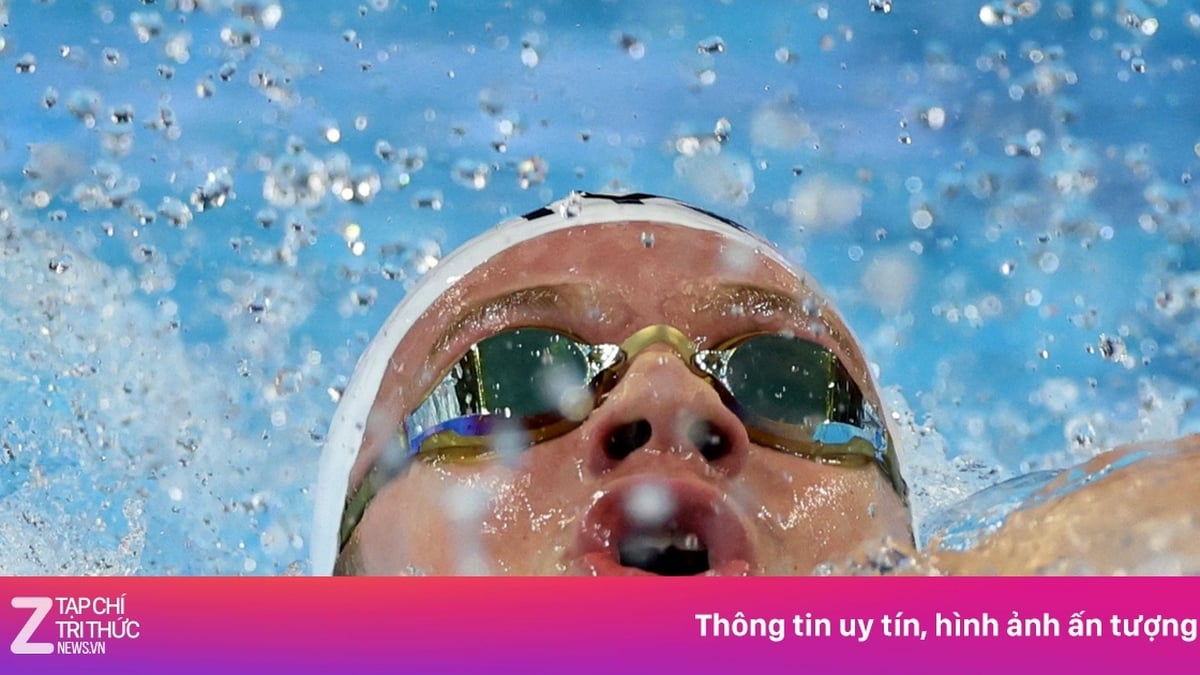
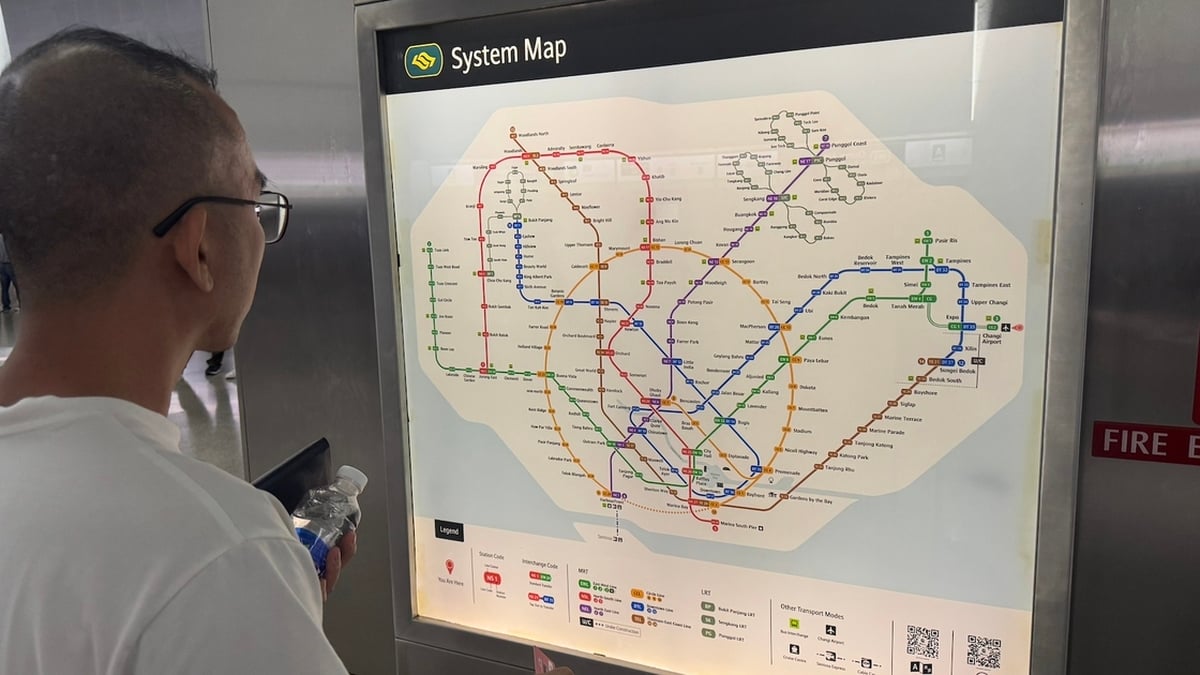
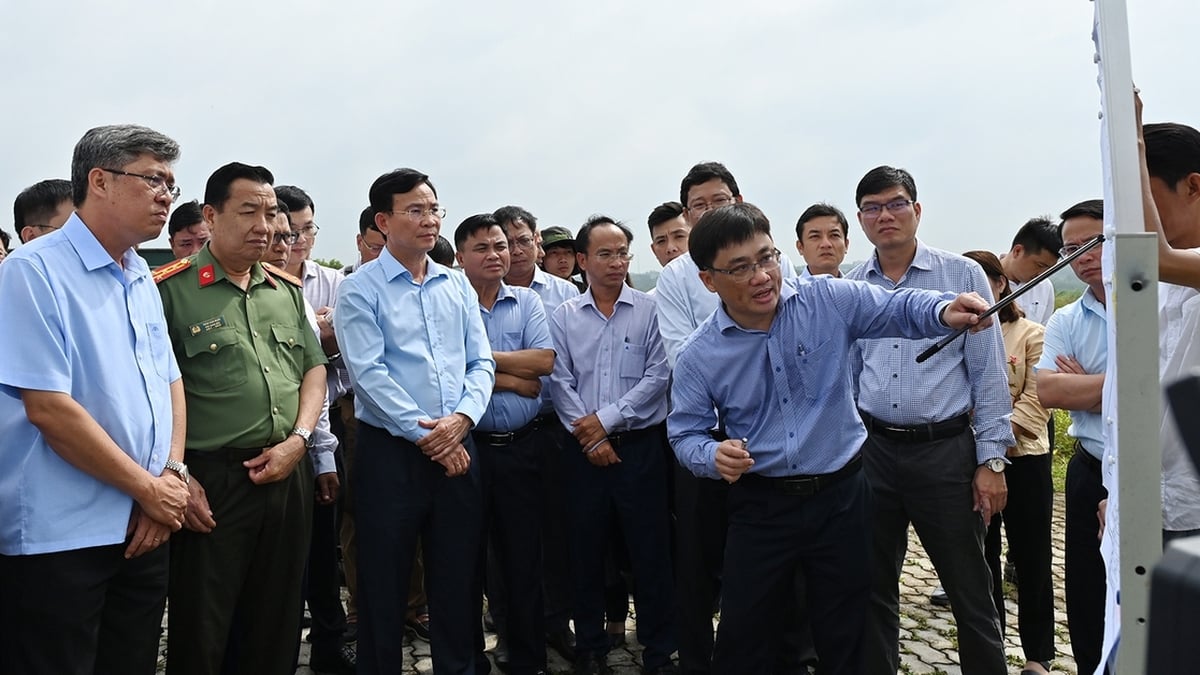
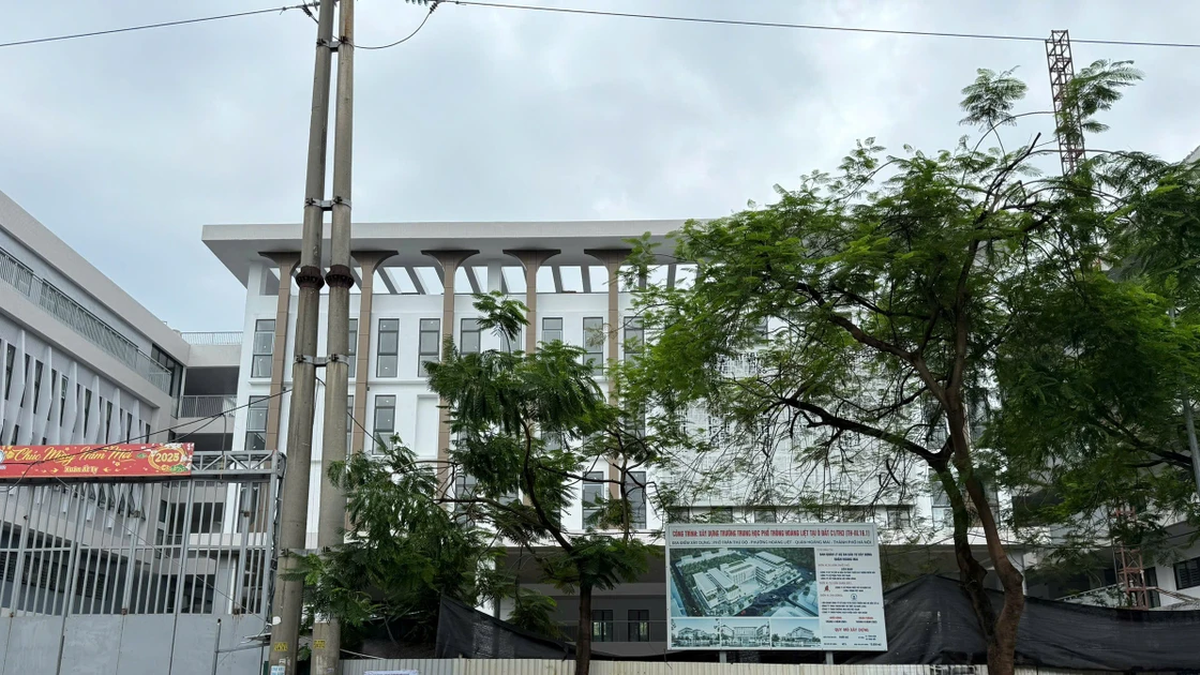












































![[Maritime News] Container shipping faces overcapacity that will last until 2028](https://vphoto.vietnam.vn/thumb/402x226/vietnam/resource/IMAGE/2025/7/30/6d35cbc6b0f643fd97f8aa2e9bc87aea)













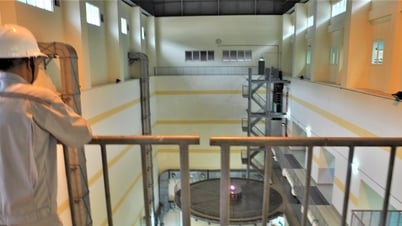





























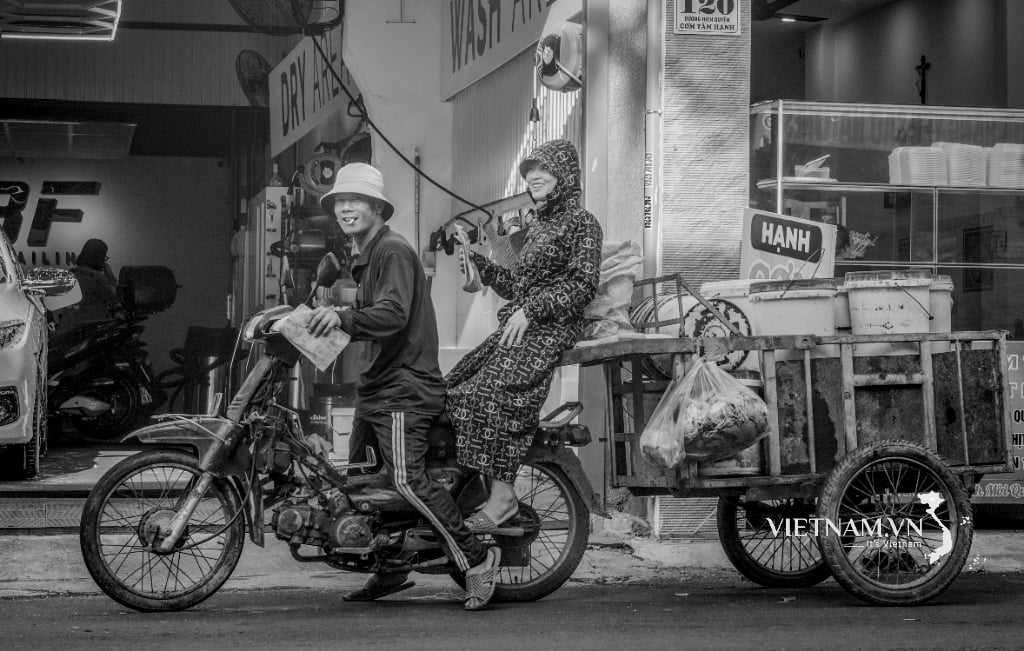
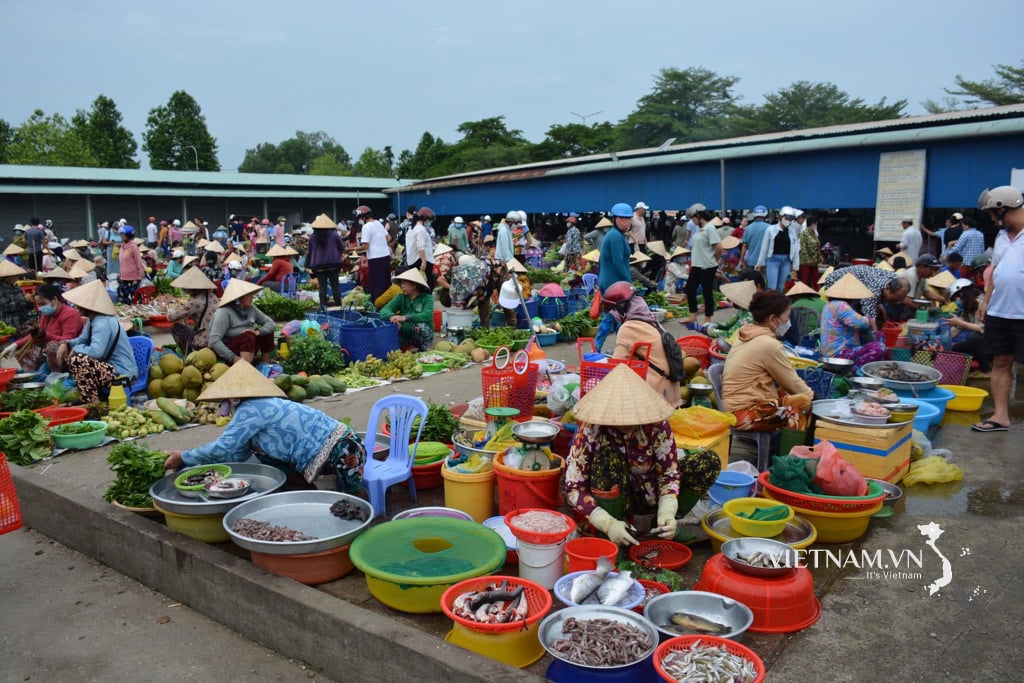
Comment (0)